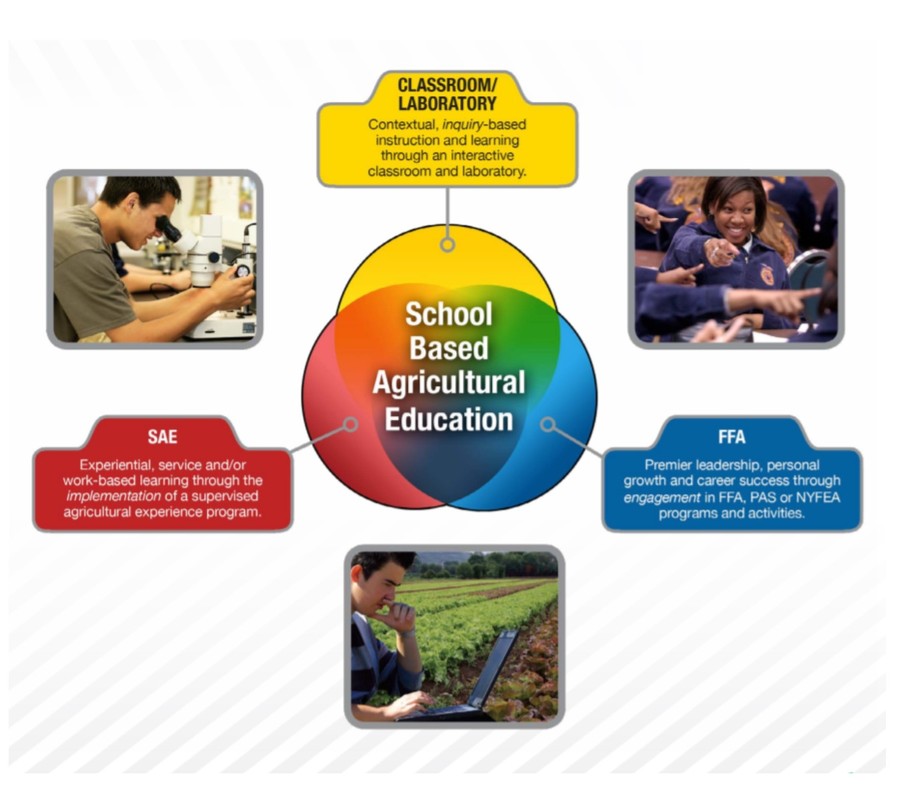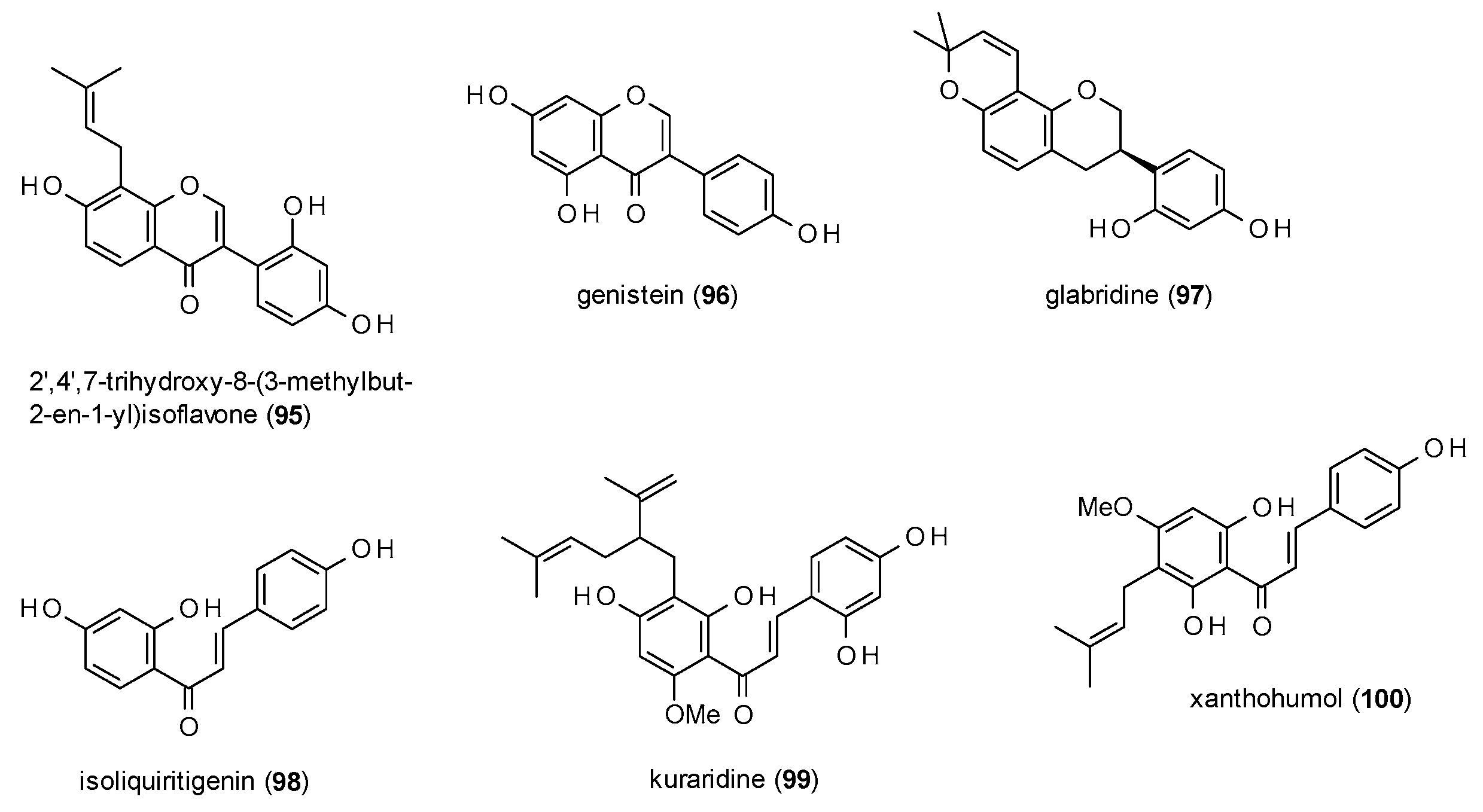What is ecological concept
What Is Ecological Concept. Ecological concepts are general understandings (or facts) about ecosystems and ecosystem management.ecological principles are basic assumptions (or beliefs) about ecosystems and how they function that are informed by the ecological concepts. Structural concepts and functional concepts. These complex interactions lead to different selective pressures on organisms. Below are explanations on some important ecological concepts:
 Bronfenbrenner�s nested level diagram Ecological systems theory From pinterest.com
Bronfenbrenner�s nested level diagram Ecological systems theory From pinterest.com
What is ecological concept of environment? These complex interactions lead to different selective pressures on organisms. Ecological concepts are general understandings (or facts) about ecosystems and ecosystem management.ecological principles are basic assumptions (or beliefs) about ecosystems and how they function that are informed by the ecological concepts. An ecotone may appear on the ground as a gradual blending of the two communities across a broad area. Structural and functional concept of ecology! Ecology is the study of the relationship of between organisms and their environment, including both the living and nonliving compounds.
An ecotone is a transition area between two biomes or different patches of the landscape.
The concept of ecology can be seen as the rules, policies and areas that can be studied. The different types of organisms living in a particular environment are not only independent. The following ecological principles describe the assumptions needed to plan actions for conserving biodiversity: The ecological species concept claims that species are groups or populations that share the exact same ecological niche.the definition gets a little tricky with organisms that change niches over their development. Ecological principles use ecological concepts (which An ecotone is a transition area between two biomes or different patches of the landscape.
 Source: researchgate.net
Source: researchgate.net
It may be narrow or wide, and it may be local (the zone between a field and forest) or regional (the transition between forest and grassland ecosystems). Protection of species and species subdivisions will support biodiversity. First, succession is a change in species structure of an. Please read an introduction to ecology here. Ecological concepts are general understandings (or facts) about ecosystems and ecosystem management.ecological principles are basic assumptions (or beliefs) about ecosystems and how they function that are informed by the ecological concepts.
 Source: vecteezy.com
Source: vecteezy.com
It may be narrow or wide, and it may be local (the zone between a field and forest) or regional (the transition between forest and grassland ecosystems). For examples some organisms live in the water as larvae and on land as adults. An ecotone may appear on the ground as a gradual blending of the two communities across a broad area. First, succession is a change in species structure of an. Ecological principles are basic assumptions (or beliefs) about ecosystems and how they function that are informed by the ecological concepts.
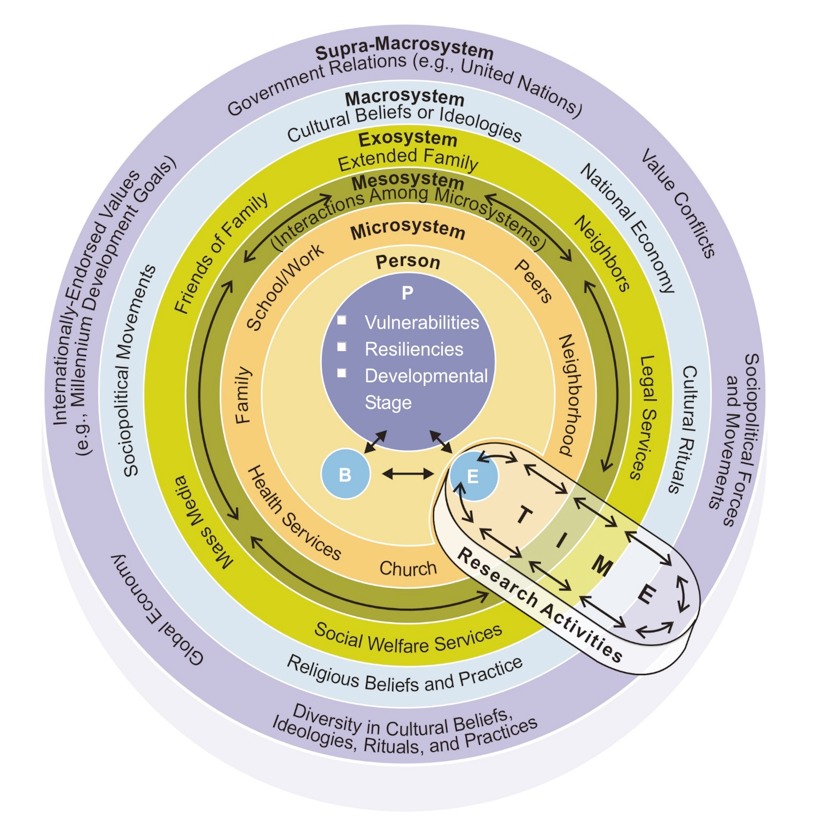 Source: cupsoguepictures.com
Source: cupsoguepictures.com
The following ecological principles describe the assumptions needed to plan actions for conserving biodiversity: Different ecological concepts were useful across the range of personal and professional variety of ecologists present at the session. Maintaining habitat is fundamental to conserving species. Compare biological species concept, cladistic species concept, phenetic species concept, recognition. Some of these ecological concept are as follows.
 Source: researchgate.net
Source: researchgate.net
Protection of species and species subdivisions will support biodiversity. Yet, unlike the geographical concept, the ecological concept allows that races can be defined on the basis of very few characteristics [pigliucci and kaplan, 2003]. Protection of species and species subdivisions will support biodiversity. The environment is the surroundings of an organism including the physical and chemical environment and other organisms with which it comes into contact.this term is most frequently used in a human context often referring to factors affecting our quality of life. Structural and functional concept of ecology!
Source: futureteacherindigitalteaching2014.blogspot.com
Large areas usually contain more species than smaller. An ecotone may appear on the ground as a gradual blending of the two communities across a broad area. Compare biological species concept, cladistic species concept, phenetic species concept, recognition. Large areas usually contain more species than smaller. The environment is the surroundings of an organism including the physical and chemical environment and other organisms with which it comes into contact.this term is most frequently used in a human context often referring to factors affecting our quality of life.
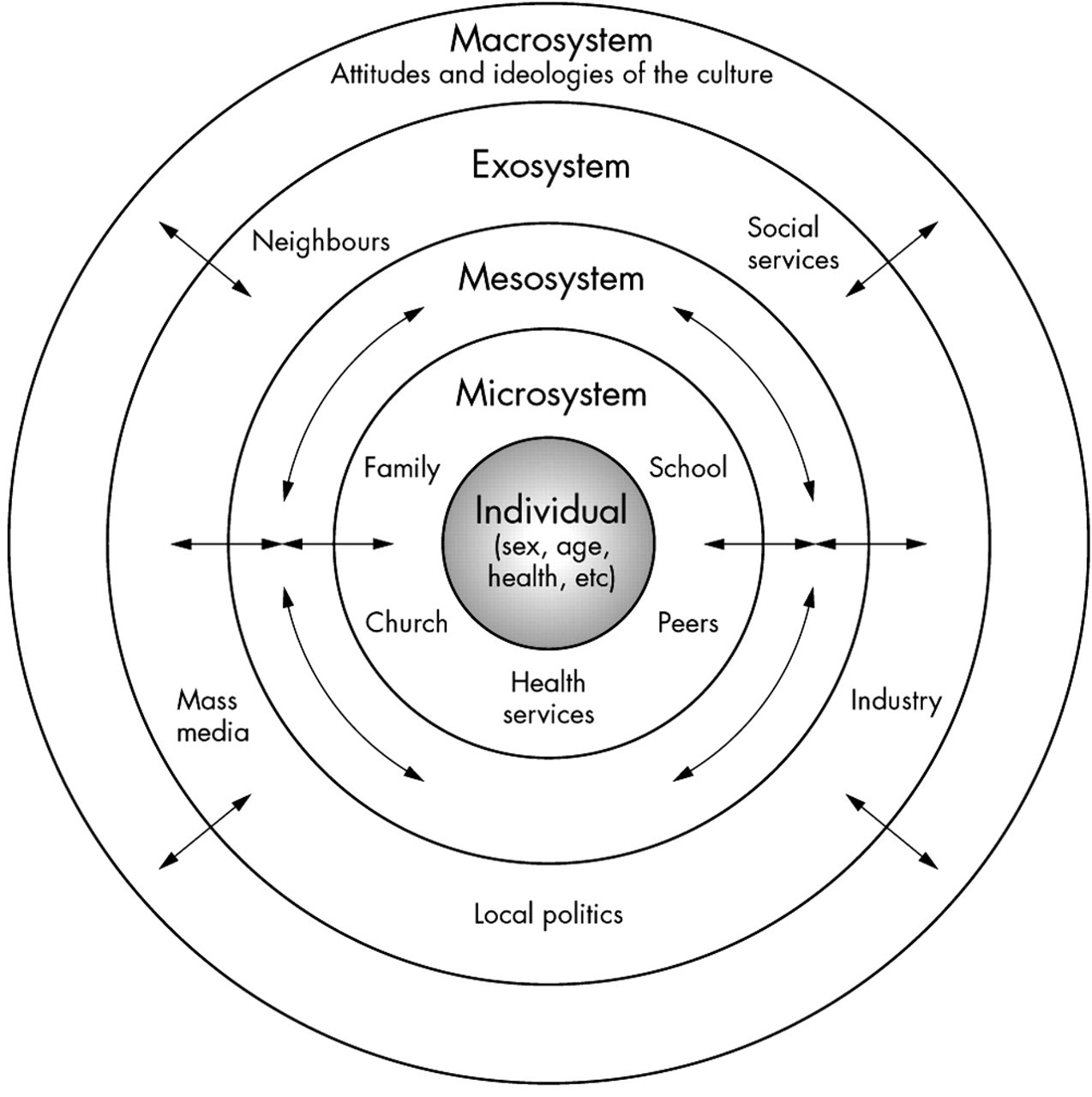 Source: edpy200-kaileechorneyko.blogspot.com
Source: edpy200-kaileechorneyko.blogspot.com
Large areas usually contain more species than smaller. Yet, unlike the geographical concept, the ecological concept allows that races can be defined on the basis of very few characteristics [pigliucci and kaplan, 2003]. Every organism experiences complex relationships with other organisms of its species, and organisms of different species. It is studied at various levels, such as organism, population, community, biosphere and ecosystem. Some of the ecological concepts include succession, energy flow between trophic levels, limiting factors, and carrying capacity.
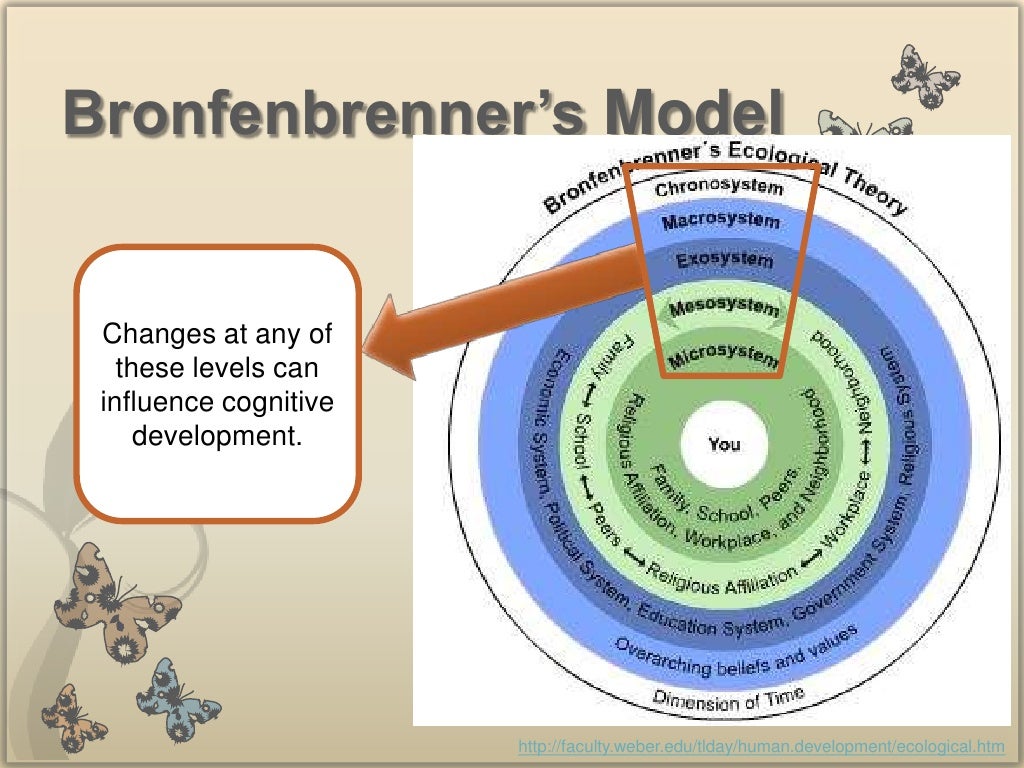 Source: slideshare.net
Source: slideshare.net
Structural and functional concept of ecology! Ecological concepts are general understandings (or facts) about ecosystems and ecosystem management.ecological principles are basic assumptions (or beliefs) about ecosystems and how they function that are informed by the ecological concepts. The environment is the surroundings of an organism including the physical and chemical environment and other organisms with which it comes into contact.this term is most frequently used in a human context often referring to factors affecting our quality of life. Ecological principles use ecological concepts (which Different ecological concepts were useful across the range of personal and professional variety of ecologists present at the session.
 Source: scu.edu
Source: scu.edu
Ecological concepts are general understandings (or facts) about ecosystems and ecosystem management.ecological principles are basic assumptions (or beliefs) about ecosystems and how they function that are informed by the ecological concepts. Compare biological species concept, cladistic species concept, phenetic species concept, recognition. Based on structural components and their relationships, ecology and ecosystem can be explained in two ways: The different types of organisms living in a particular environment are not only independent. An ecotone is a transition area between two biomes or different patches of the landscape.
 Source: semanticscholar.org
Source: semanticscholar.org
For instance, the phone or computer on. Some of the ecological concepts include succession, energy flow between trophic levels, limiting factors, and carrying capacity. We also carefully defined the term “concept” for our purposes, as described above. Ecology is the study of the relationship of between organisms and their environment, including both the living and nonliving compounds. Based on structural components and their relationships, ecology and ecosystem can be explained in two ways:
 Source: slideserve.com
Source: slideserve.com
Ecological concepts are general understandings (or facts) about ecosystems and ecosystem management.ecological principles are basic assumptions (or beliefs) about ecosystems and how they function that are informed by the ecological concepts. For examples some organisms live in the water as larvae and on land as adults. First, succession is a change in species structure of an. An ecologist’s primary goal is to improve their understanding of life processes, adaptations and habitats, interactions and. Ecological concepts are general understandings (or facts) about ecosystems and ecosystem management.
![The SocialEcological Model of Behavior Change [16, 17]. Source The SocialEcological Model of Behavior Change [16, 17]. Source](https://www.researchgate.net/profile/David_Heller4/publication/338582492/figure/download/fig1/AS:847281385385986@1579019032544/The-Social-Ecological-Model-of-Behavior-Change-16-17-Source-National-Academies-of.png) Source: researchgate.net
Source: researchgate.net
Protection of species and species subdivisions will support biodiversity. Large areas usually contain more species than smaller. We also carefully defined the term “concept” for our purposes, as described above. This concept is similar to the geographical race concept in that it defines races, at least in part, as phenotypically and/or genotypically distinct populations. Your environment is defined as all the factors around you.

The following ecological principles describe the assumptions needed to plan actions for conserving biodiversity: An ecologist’s primary goal is to improve their understanding of life processes, adaptations and habitats, interactions and. Your environment is defined as all the factors around you. Large areas usually contain more species than smaller. These complex interactions lead to different selective pressures on organisms.
 Source: elderberryarts.hubpages.com
Source: elderberryarts.hubpages.com
Ecological concepts are general understandings (or facts) about ecosystems and ecosystem management.ecological principles are basic assumptions (or beliefs) about ecosystems and how they function that are informed by the ecological concepts. For examples some organisms live in the water as larvae and on land as adults. Ecology is the study of the relationship of between organisms and their environment, including both the living and nonliving compounds. A definition of species as a set of organisms that is adapted to a particular set of resources (niche) in the environment, which explains differences in form and behaviour between species as adaptations to resource availability. Some of the ecological concepts include succession, energy flow between trophic levels, limiting factors, and carrying capacity.
 Source: researchgate.net
Source: researchgate.net
For instance, the phone or computer on. The environment is the surroundings of an organism including the physical and chemical environment and other organisms with which it comes into contact.this term is most frequently used in a human context often referring to factors affecting our quality of life. An ecotone may appear on the ground as a gradual blending of the two communities across a broad area. First, succession is a change in species structure of an. Every organism experiences complex relationships with other organisms of its species, and organisms of different species.
 Source: simplypsychology.org
Source: simplypsychology.org
Different ecological concepts were useful across the range of personal and professional variety of ecologists present at the session. A definition of species as a set of organisms that is adapted to a particular set of resources (niche) in the environment, which explains differences in form and behaviour between species as adaptations to resource availability. Different ecological concepts were useful across the range of personal and professional variety of ecologists present at the session. Compare biological species concept, cladistic species concept, phenetic species concept, recognition. The different types of organisms living in a particular environment are not only independent.
 Source: kelseyadams91.blogspot.com
Source: kelseyadams91.blogspot.com
Ecological principles use ecological concepts (which Please read an introduction to ecology here. Ecology is the study of organisms, the environment and how the organisms interact with each other and their environment. This concept is similar to the geographical race concept in that it defines races, at least in part, as phenotypically and/or genotypically distinct populations. Ecological principles are basic assumptions (or beliefs) about ecosystems and how they function that are informed by the ecological concepts.
 Source: id.pinterest.com
Source: id.pinterest.com
Ecological principles use ecological concepts (which Ecology is the study of organisms, the environment and how the organisms interact with each other and their environment. Different ecological concepts were useful across the range of personal and professional variety of ecologists present at the session. An ecologist’s primary goal is to improve their understanding of life processes, adaptations and habitats, interactions and. Based on structural components and their relationships, ecology and ecosystem can be explained in two ways:
 Source: vecteezy.com
Source: vecteezy.com
The ecological species concept claims that species are groups or populations that share the exact same ecological niche.the definition gets a little tricky with organisms that change niches over their development. Maintaining habitat is fundamental to conserving species. Please read an introduction to ecology here. Ecology is the study of organisms, the environment and how the organisms interact with each other and their environment. An ecologist’s primary goal is to improve their understanding of life processes, adaptations and habitats, interactions and.
If you find this site adventageous, please support us by sharing this posts to your preference social media accounts like Facebook, Instagram and so on or you can also save this blog page with the title what is ecological concept by using Ctrl + D for devices a laptop with a Windows operating system or Command + D for laptops with an Apple operating system. If you use a smartphone, you can also use the drawer menu of the browser you are using. Whether it’s a Windows, Mac, iOS or Android operating system, you will still be able to bookmark this website.




